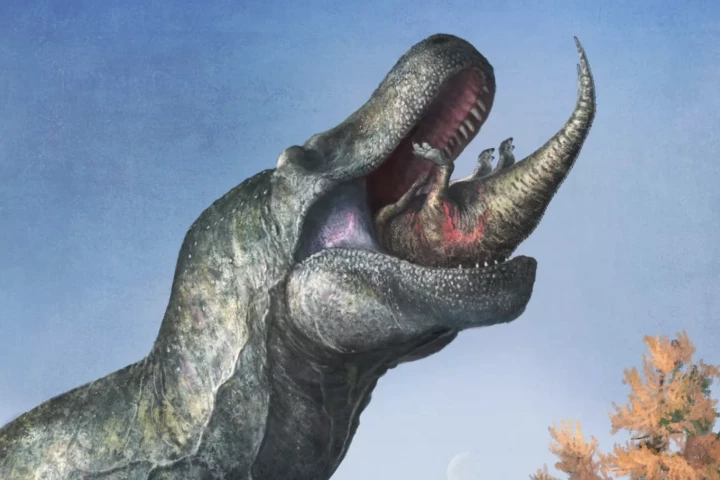University of Portsmouth
-
Scientists have developed smart insoles that accurately measure the forces created when a foot hits the ground in the real world. The tech has a range of applications, from assisting in rehabilitating patients to helping athletes prevent injuries.
-
Researchers have found that exercise releases dopamine, which produces a corresponding reduction in reaction time, and say that exercise could be an effective treatment for conditions such as Parkinson’s disease, where dopamine plays a key role.
-
A study has found that plastic additives might be stopping the reproductive habits of a shrimp-like species that is key to the marine food chain. The findings provide a different perspective on the potential damage caused by specific pollutants.
-
Paleontologists have discovered fossils from a gigantic marine predator that stalked the Jurassic seas. The creature could have grown to twice the size of an orca, and fed on pretty much anything else unlucky enough to be in the ocean at that time.
-
With a revelation that threatens to ruin some childhood toys or a Jurassic Park rewatch, paleontologists have given one of the most famous dinosaurs a facelift, proposing that the ferocious Tyrannosaurus sported a set of scaly, lizard-like lips.
-
The prevalence of prostate cancer around the world means that finding an effective treatment is critical. A new UK study has used mathematics to investigate the effectiveness of some currently available prostate cancer treatments.
-
Back in 2021, we heard about a pterosaur that had a mouth full of big, sharp teeth. Well, scientists have now discovered a pterosaur that went to the other extreme, as it used over 400 small, hooked teeth to catch its prey.
-
Researchers have found picky eaters perceive food eaten out of red bowls to be saltier and less desirable than the same food served in white bowls. The findings add to understandings of how taste perception can be influenced by plates and cutlery.
-
While many people have long hoped that the Loch Ness monster is a plesiosaur, skeptics have pointed out that plesiosaurs lived in the ocean. New research, however, now suggests that some of the creatures may have inhabited freshwater rivers.
-
Scientists studying the makeup of limpet teeth have drawn inspiration from the way they form to create a composite biomaterial with extreme strength that could provide a more sustainable alternative to high-performance materials such as Kevlar.
-
Pterosaurs included the largest flying animals ever, and a new study has uncovered biological secrets that helped them grow so large. CT scans revealed that the neck vertebrae of giant pterosaurs had a supporting structure unlike any other animal.
-
Ichthyosaurs were intriguing prehistoric aquatic creatures, in that they looked kind of like dolphins but were actually reptiles. Scientists have now classified a previously-unknown species, that distinguished itself by diving deep.
Load More











